Article summary
- Private firms in Nigeria can begin importing fuel from June 2023, as the Nigerian National Petroleum Company Limited (NNPCL) transitions from crude oil swap contracts to cash payments for fuel imports.
- Mele Kyari, the Group Chief Executive Officer of NNPCL, announced the change during an interview with Reuters on June 3. This move aligns with President Bola Tinubu’s plan to deregulate the fuel market and alleviate the government’s financial burden.
- By allowing private companies to import the majority of gasoline, NNPC aims to pay for its purchases in cash and reduce its reliance on crude oil swap contracts. This development opens the market for new entrants and promotes a more self-regulated and competitive fuel industry in Nigeria.
Private firms in Nigeria will have the opportunity to import fuel starting from June 2023, as the Nigerian National Petroleum Company Limited (NNPCL) plans to end crude oil swap contracts and switch to cash payments for fuel imports.
The announcement was made by Mele Kyari, the Group Chief Executive Officer of NNPCL, during an interview with Reuters on June 3. This move is in line with President Bola Tinubu’s efforts to deregulate the fuel market and alleviate the financial burden on the government.
Reuters quoted Kyari saying:
- “In the last four months, we practically terminated all Direct Sale Direct Purchase (DSDP) contracts. And we now have an arm’s-length process where we can pay cash for the imports.
- “This is the first time NNPC has said it is terminating crude swap contracts. By importing less gasoline as private companies import the bulk, NNPC will be able to pay for its purchases in cash.”
According to Reuters, NNPC was still allocating crude for fuel swaps for July loading, though less than in previous months. In its report detailing March crude oil loadings, NNPC also allocated crude to the swap contracts held by the consortiums.
Nairametrics had earlier reported that Mele Kyari had told Nigerians that there will be new entrants into the market, following the recent decision to increase fuel pump prices. He told Arise TV in a recent interview:
- “Investors’ reluctance to come into the market all along was the subsidy regime and that regime does not guarantee repayments back to those who provided the product at subsidized prices. Now that the market regulates itself, oil marketing companies can actually import products or produce locally. They can take the product into the market, sell it and get their money back.”
What you should know
In the Arise TV interview, Kyari said that by law, NNPCL cannot do more than 30% of the market going forward. He highlighted the fact that as soon as the market stabilizes, oil marketing companies will be able to come in.
Recently, Nigeria’s House of Representatives mandated the Federal Government to suspend all Direct Sales Direct Purchase (DSDP) contracts, following the removal of fuel subsidy by the Tinubu administration.

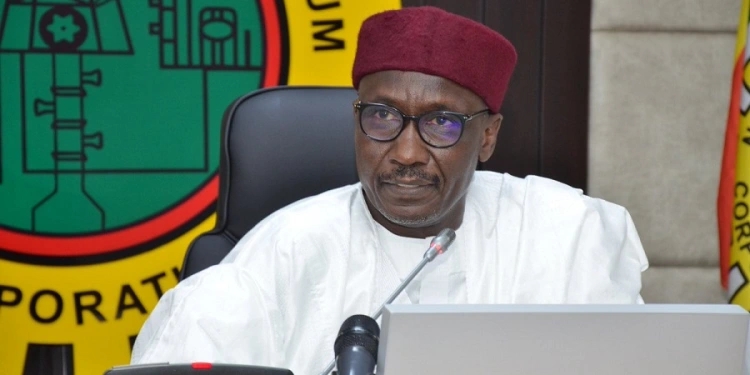






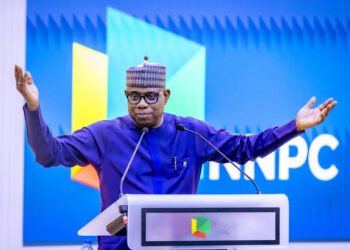
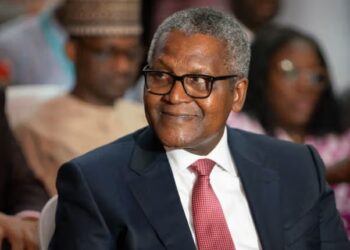

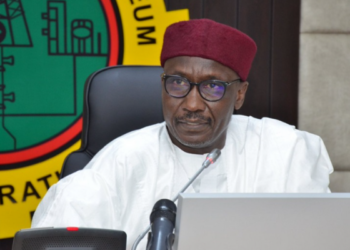
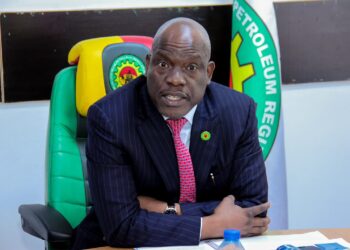










Thks for the good works you’re doing.